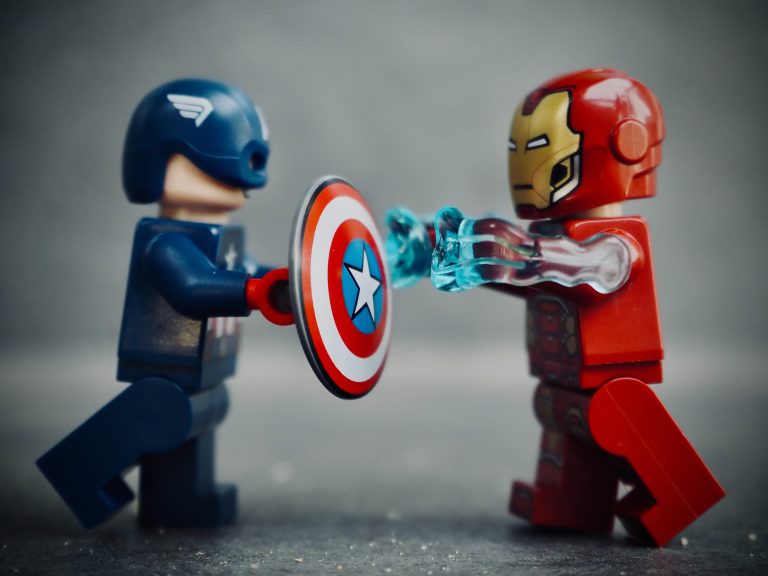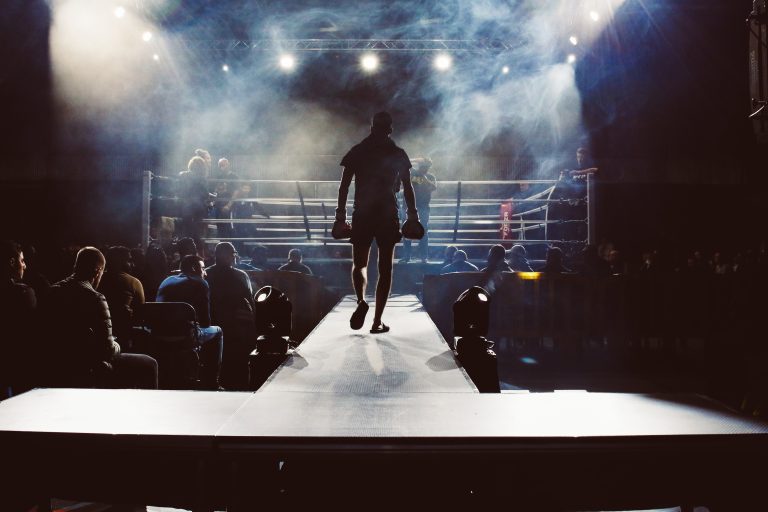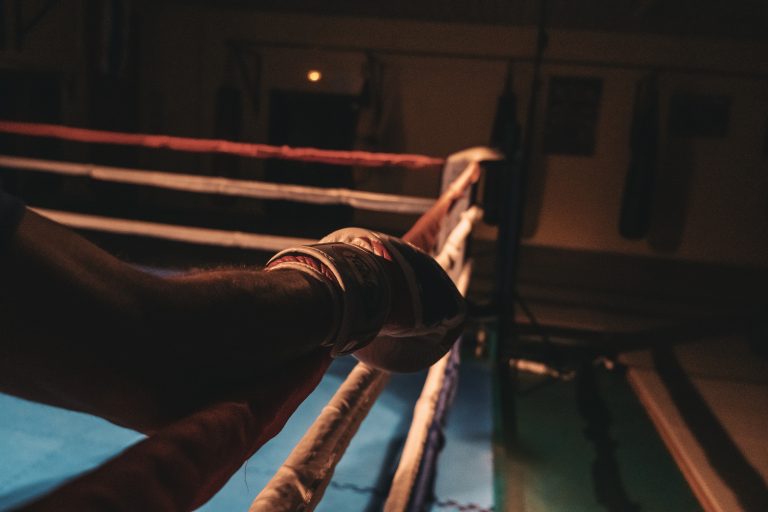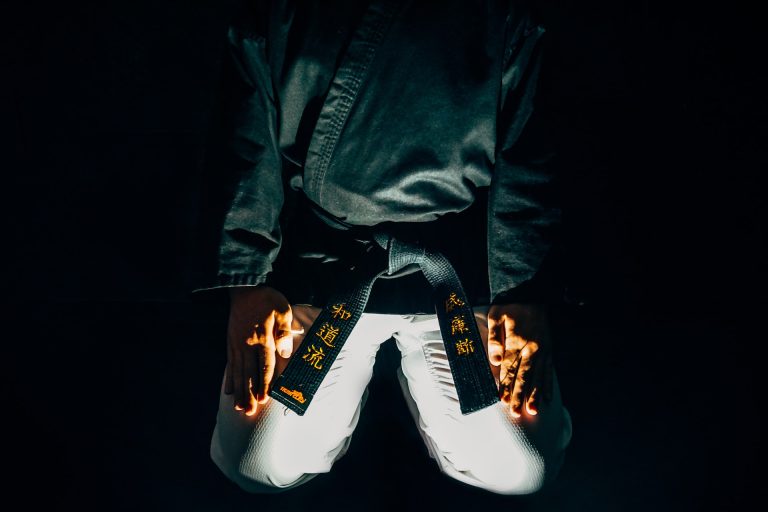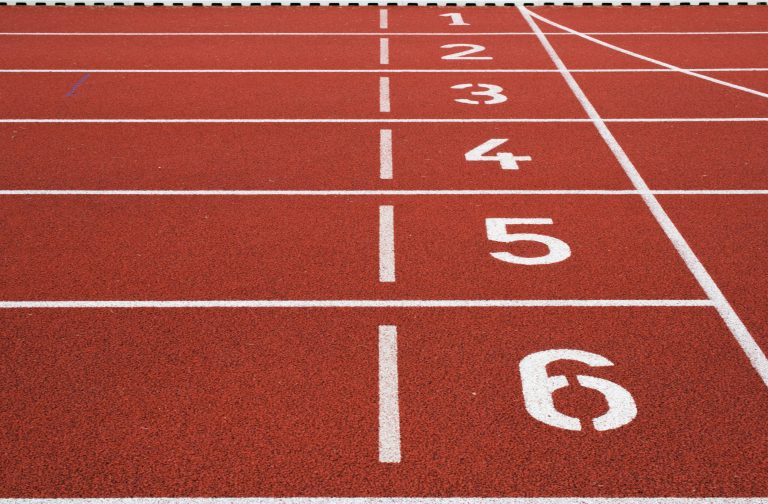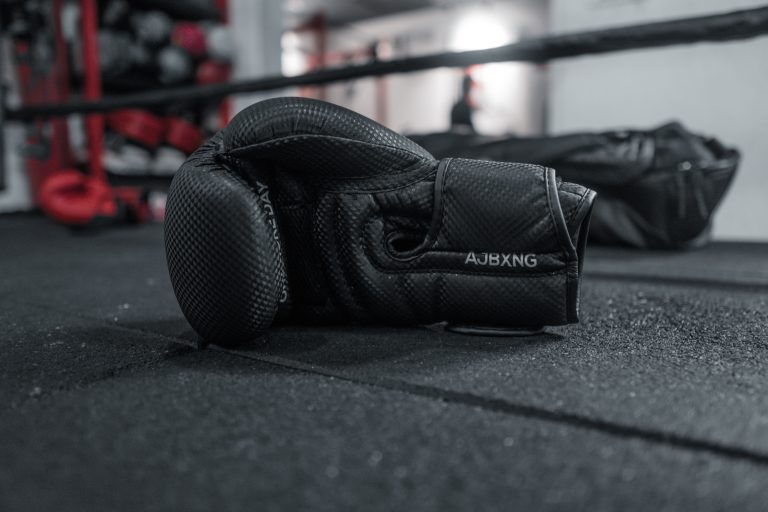Karate and the Concept of Accuracy
Karate is a Japanese martial art that emphasizes self-defense through quick and powerful strikes. Accuracy is an important aspect of karate, as it involves hitting the target with maximum impact, resulting in a more effective defense or attack.
The Importance of Accuracy in Karate
In karate, accuracy is everything. Every move, every strike, and every technique requires precision and accuracy. A slight error in the technique can render it ineffective or even hazardous to the practitioner. Accuracy is what separates the novice from the master, as only a skilled practitioner can perform techniques with the necessary accuracy to be effective in combat situations.
Training for Accuracy in Karate
Karate provides various training methods to improve accuracy, which include kata (patterns), kihon (basics), and kumite (sparring). Kata is a solo performance of a pre-determined sequence of movements and techniques. Practicing kata improves accuracy by promoting proper form, timing, balance, and control. Kihon involves practicing the basic techniques repeatedly to develop muscle memory and discipline. Kumite is a training method where two practitioners simulate a combat situation to develop strategy, timing, distance, and accuracy.
The Role of Mindfulness in Accuracy
Mindfulness is a crucial aspect of accuracy in karate. A mindful practitioner is aware of their physical, mental, and emotional states and can achieve a united and focused state of being. Mindfulness improves accuracy in karate by allowing the practitioner to be fully present in the moment, focusing on the task at hand, and reducing distractions. Mindfulness allows the karateka to pay attention to every detail, including body positioning, breathing, and timing, leading to improved accuracy.
Conclusion
Accuracy is an important component of karate and requires a combination of physical and mental training. Consistent practice of kata, kihon, and kumite hones the body and develops muscle memory to produce accurate movements. The role of mindfulness should not be overlooked, as it plays a significant role in developing accuracy by reducing distractions and enabling practitioners to focus on the task at hand. By training for accuracy, karate practitioners can improve their technique, enhance their defense, and become effective martial artists.
FAQs about Karate and the Concept of Accuracy
Karate is a martial art that originated in Okinawa, Japan, during the late 19th century. The art of Karate involves various techniques that aim to strike an opponent with precision and accuracy. The concept of accuracy is crucial to Karate practitioners, as it can mean the difference between success and failure in combat situations. Below are some frequently asked questions about Karate and the concept of accuracy.
1. What is the Concept of Accuracy in Karate?
The concept of accuracy in Karate refers to the ability of a practitioner to strike an opponent with precision and effectiveness. This means that a practitioner can deliver a strike to a specific target on the opponent’s body and do so with enough force to cause damage. Accuracy is a critical aspect of Karate because it allows practitioners to maximize the effect of their strikes while minimizing the energy they need to expend.
2. Why is Accuracy so Important in Karate?
Accuracy is essential in Karate because it allows practitioners to strike effectively without wasting energy. By being accurate, a practitioner can target vital areas of their opponent’s body and cause serious damage. This is especially critical in self-defense situations where a Karate practitioner may need to end an altercation quickly, so they can escape safely.
Furthermore, in Karate, accuracy is a vital element when practitioners compete against each other. Competitions are usually judged based on the number and accuracy of strikes delivered, with the most precise and effective strikes being awarded the most points.
3. How Can You Improve Your Accuracy in Karate?
Improving accuracy in Karate requires practice and discipline. Here are some practical tips that can help.
– Focus on your technique: Ensure that you execute your techniques properly, as this will improve your accuracy. Ensure that you maintain good form and balance when striking, as this will enable you to hit your target efficiently.
– Practice with a partner: Practicing with a partner can help improve your accuracy. Start by targeting large areas of the body and gradually move on to smaller and more specific targets.
– Use visualization techniques: Visualization techniques can help improve accuracy, as they allow you to focus on specific targets mentally.
– Increase your focus: Improving your mental focus can also help improve accuracy. Maintain concentration when practicing, and eliminate any distractions in your environment.
4. What Role do Kata Play in Improving Accuracy in Karate?
Kata are predetermined sequences of movements that Karate practitioners perform to improve their technique, balance, and accuracy. Kata are usually practiced alone or in groups, and they allow practitioners to focus on executing techniques with precision and speed. Practicing Kata regularly can help to improve accuracy, as it enables practitioners to develop muscle memory and better timing.
5. Can Accuracy in Karate be Transferred to Other Areas of Life?
The skills and discipline learned in Karate can be transferred to other areas of life, including work, education, and social interactions. Accuracy in Karate requires discipline, focus, and hard work, which are qualities that can translate well to other aspects of life. Karate can also help improve self-confidence, which can help individuals achieve their personal and professional goals.
Conclusion
The concept of accuracy is a critical aspect of Karate, and it involves striking opponents with maximal efficiency and minimal energy expenditure. Practicing Karate can improve an individual’s accuracy and transferable skills that can improve various aspects of their life. By focusing on improving accuracy through proper technique, practice, visualization, and Kata, Karate practitioners can become more accurate, efficient, and effective in combat situations.
Inhaltsverzeichnis

